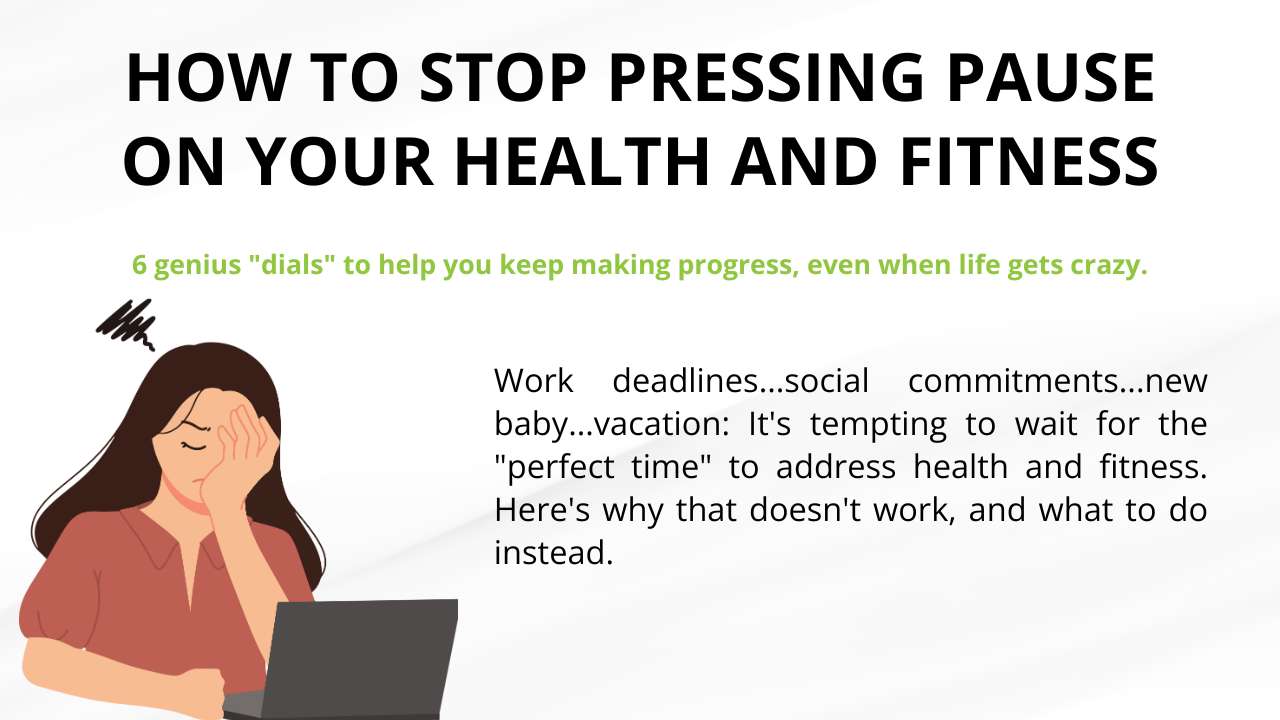The right kind of discomfort and stress, in the right amount, can help us.
Let’s say you’re walking past a house on fire.
Do you run inside, on the off chance that someone might be in there? Probably not. You know you’ll get burned. You call the fire department instead.
But let’s say you arrive at the house and realize your baby is inside.
You dash inside the house, forgetting about your own discomfort, desperately searching for your child.
When you find your baby, grab her, and bring her outside, you’re probably suffering burns and smoke inhalation. Do you care much? Not in that moment.
You might not even feel the pain at all, your adrenaline is so high. All you care about is your child.
Notice how you’re willing to tolerate discomfort in the service of a higher purpose — saving your baby.
In fact, evolution has equipped us beautifully with systems (such as endorphins) that help us ignore pain when we are focused on survival or doing something more important.
The morals here?
1) Discomfort is negotiable.
What we feel will depend on our focus.
2) We can deal with discomfort.
If we act in the service of a bigger purpose, we can easily tolerate discomfort.
3) Sometimes, we need to deal with discomfort.
It’s non-negotiable. So we might as well get good at it now.
4) Discomfort, in the right amount, makes us stronger.
You just saved your baby from a fire. Now the rest of your life probably seems a lot easier.
5) We already have everything we need to be able to tolerate discomfort.
We just need to practice tapping into our natural abilities.
6) To change your experience of discomfort, find your bigger purpose and focus on it.
What brings you joy in PA Coaching? What excites you about your PA Coaching journey? Why are you doing PA Coaching? Stay focused on that.
Obviously, being mildly hungry is a lot easier than getting burned. But you may find that eating less makes you uncomfortable in other ways.
How food and eating soothe discomfort
Almost nobody likes being hungry. We sure don’t.
But often, the discomfort of 80% full isn’t about physical hunger. There’s other stuff at work.
For example:
– It’s hard to “waste food”.
We can hear our parents’ voices in our head: There are starving children! You shouldn’t leave food on the plate!
– Food keeps us occupied.
If we stay “busy” with food, then we don’t have to deal with other things… such as our “elephant in the room”. Or just plain old boredom.
– Food numbs us.
It’s a good painkiller for emotional and physical distress.
– We confuse emotions with hunger.
Often, we mix up emotions such as anxiety or anger with hunger. It feels like hunger… but it isn’t.
– Habits.
We do many things automatically, such as picking the last tidbit off the kids’ plates as we tidy up dinner, or popping a bite into our mouth as we cook.
– We’re worried about social consequences.
We don’t want to say no, make a fuss, or stand out as a “weirdo” at social events with friends and family.
– Our environment.
We’re there, and so is the food.
We naturally try to avoid all of these discomforts.
So we make choices that don’t fit with our PA coaching goals.
We eat because we’re bored, upset, stressed, or simply near tempting food. We eat more than 80% because eating to 80% is challenging.
But if we commit to pushing through the ickiness and itchiness of discomfort:
- We’ll be more able to reach our goals.
- We’ll feel more in control of ourselves and our actions.
- We’ll feel stronger. More courageous. We just did that difficult thing.
- We’ll be proactive rather than reactive.
A little bit of feeling bad brings us a whole lot of feeling good. That’s a pretty sweet deal!
The 10-minute discomfort deal
Today, we’d like you to make a “discomfort deal” with yourself:
- When I feel discomfort, I promise to sit with that discomfort — in whatever form it takes — for 10 minutes.
- During that time, I will notice and name the discomfort as best I can.
- After that, I will make the choice I feel is appropriate.
Set a timer if you need to. Afterwards, high-five yourself. You just made yourself stronger.
Put this deal into effect every day for the next two weeks and you’ll be stronger still.
Understand that some discomfort is normal.
Not only is it normal, it’s necessary for growth and progress.
Sit with mild discomfort in the service of a higher purpose — your PA Coaching goals.
Stay focused on your sense of excitement and achievement in PN Coaching to change your experience of discomfort.
Make a discomfort deal with yourself.
“When I feel discomfort today, I promise to sit with that discomfort — in whatever form it takes — for 10 minutes. During that time, I will notice and name the discomfort as best I can. After that, I will make the choice I feel is appropriate.”
We help you progress in your fitness journey. Start your free trial and experience our coaching:





